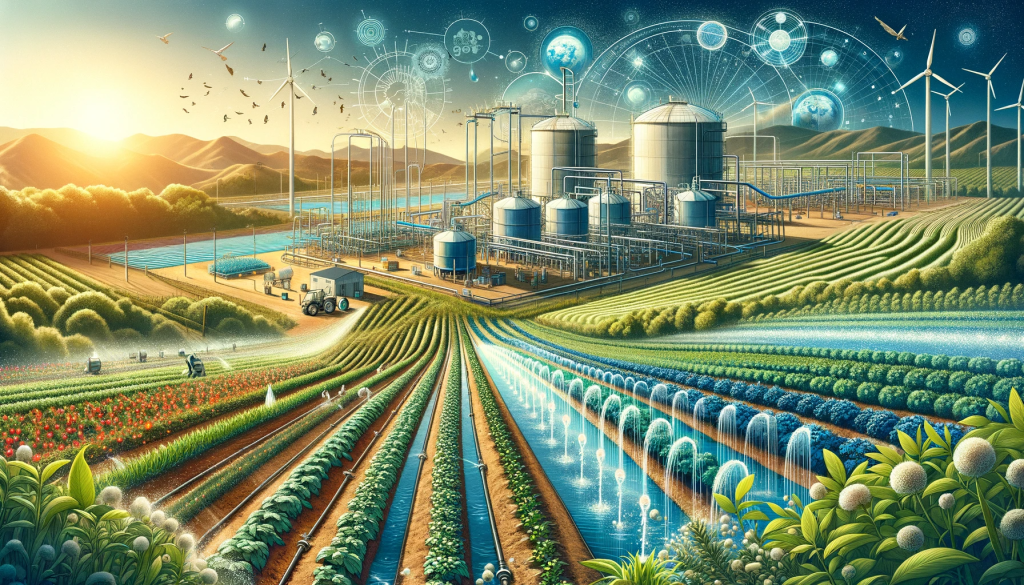Agriculture, a sector vital for human survival, is undergoing a significant transformation, driven by the innovative use of waste water supply. This article delves into how the reuse of treated waste water is not only solving water scarcity issues but also introducing new efficiencies in agricultural practices, thereby revolutionizing the sector.

The Rising Importance of Waste Water in Agriculture
With increasing water scarcity and the growing demand for food due to the rising global population, the agricultural sector is under pressure to find sustainable solutions. Waste water, once an overlooked byproduct, is now seen as a valuable resource in this context. Treated waste water provides a reliable water source for irrigation, rich in nutrients that can benefit crop growth.
Benefits of Using Waste Water in Agriculture
- Water Conservation: Reusing waste water for agriculture reduces dependence on freshwater resources, which are becoming increasingly scarce.
- Nutrient-Rich Irrigation: Treated waste water often contains nutrients like nitrogen and phosphorus, which can reduce the need for chemical fertilizers.
- Improved Crop Yields: The consistent availability of water and nutrients can lead to better crop yields, crucial for feeding a growing global population.
- Sustainability: Using waste water aligns with sustainable farming practices, promoting environmental health and resource conservation.
Innovations in Waste Water Treatment for Agriculture
Technological advancements have made it safer and more efficient to use waste water in agriculture. Modern treatment methods, such as ultrafiltration and advanced biological treatments, ensure that the water is free from harmful contaminants and suitable for crop irrigation.
Case Studies: Success Stories Around the Globe
Examples from various parts of the world illustrate the successful application of waste water in agriculture. These case studies highlight the positive impact on water conservation, crop yields, and farmer incomes, providing a blueprint for broader adoption.
Challenges and Solutions
Despite its benefits, the use of waste water in agriculture faces challenges, including public perception, potential health risks, and regulatory barriers. Addressing these challenges requires comprehensive strategies, including public education, strict adherence to health and safety standards, and supportive policies.
Policy Framework and Farmer Education
Developing a supportive policy framework is crucial for encouraging the use of waste water in agriculture. Additionally, educating farmers about the benefits and safe use of treated waste water is essential for its adoption and success.
The Future of Agricultural Water Management
Looking ahead, waste water is poised to become a cornerstone of sustainable agricultural water management. As technology continues to advance and awareness grows, waste water use in agriculture is expected to expand, playing a key role in global food security and environmental sustainability.
Conclusion
Waste water supply is emerging as a new frontier in agricultural efficiency, offering a sustainable solution to water scarcity and a boost to agricultural productivity. Its role in revolutionizing agriculture is a testament to the innovative spirit of the sector and its commitment to sustainability. Embracing this resource could be pivotal in securing a sustainable and food-secure future.